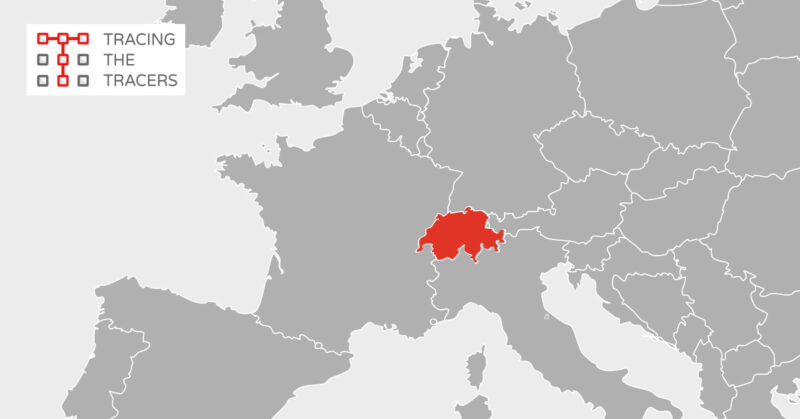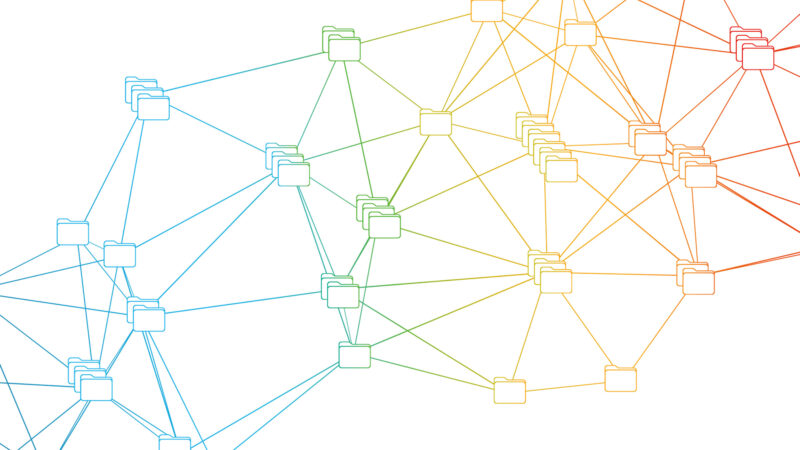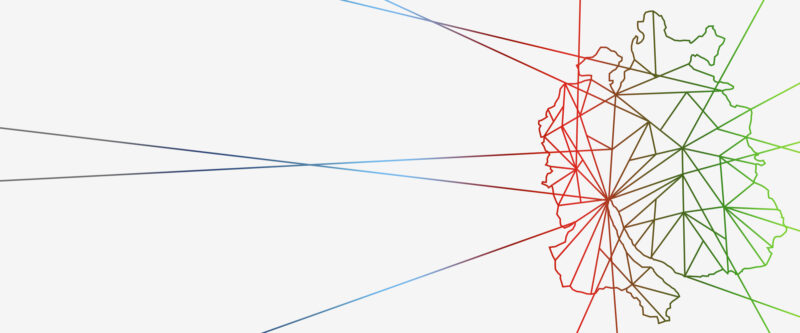
Stance
If the UN wants to help humanity, it should not fall for AI hype

HUMAN
People must ensure that AI serves the people

Battle in Strasbourg: Civil society fights for safeguards against AI harms

AlgorithmWatch CH in Council of Europe Expert Group on AI in public administration

Civil society responds to the Council of Europe Treaty on AI

Submission to the UN report on the right to privacy in the digital age

Council of Europe creates rules for Artificial Intelligence

Joint Statement ahead of negotiations on legal framework on AI in the Council of Europe

Human rights and activities of tech companies: Governments must act

Automated Decision-Making Systems in the Public Sector – Some Recommendations

ADM in the Public Sector: The Workshop

Joint Statement on the Ad Hoc Committee on Artificial Intelligence (CAHAI) in the Council of Europe

Position Paper: A Legal Framework for Artificial Intelligence

Draft AI Act: Submission by AlgorithmWatch

Security tests on Swiss COVID certificate find 136 vulnerabilities, amid calls for further restrictions

Automated Decision-Making Systems in the Public Sector – An Impact Assessment Tool for Public Authorities

Swiss COVID-19 certificate system subjected to public security test and gradually implemented

Open letter calling for a global ban on biometric recognition technologies that enable mass and discriminatory surveillance

Centralized check-in apps reignite debate around digital contact tracing in Switzerland

Reclaim Your Face – A Civil Society Initiative to ban biometric mass surveillance

Read now: Swiss Edition of the Automating Society Report 2020

Health algorithms discriminate against Black patients, also in Switzerland

ADM Systems in the Public Sector

Swiss police automated crime predictions but has little to show for it

